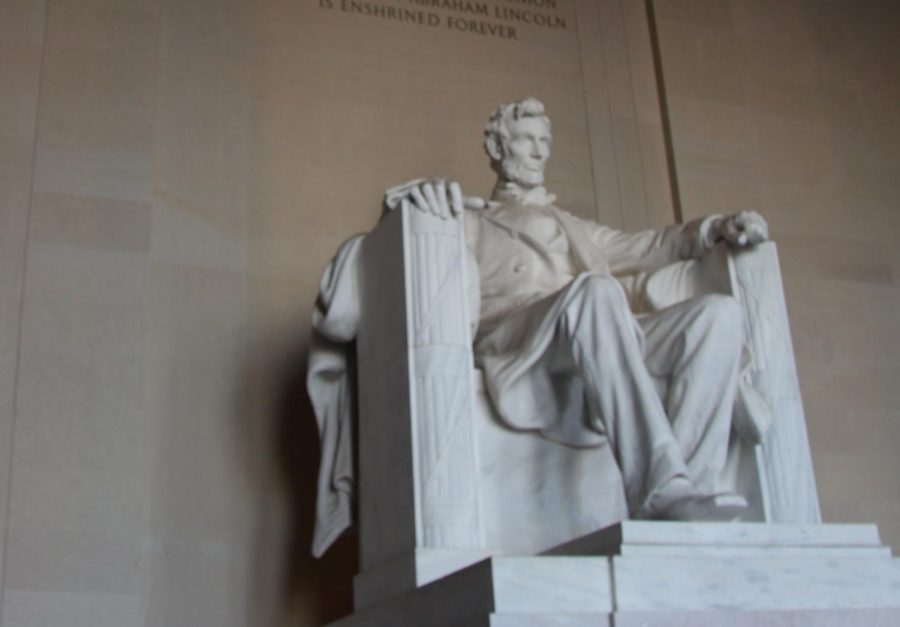Reece: John McCain’s Lasting Legacy
America needs someone who is capable of defying their party and it’s leadership. And we just lost him.
McCain’s legacy is one that United States will forever remember as a brave veteran, strong citizen, and man that always put his country first.
September 3, 2018
John McCain, a Republican Senator from Arizona and former 2008 presidential nominee, died last week due to glioblastoma, an aggressive form of brain cancer. “My heart is broken,” said his wife of 38 years, Cindy McCain. “He passes the way he lived, on his own terms, surrounded by the people he loved, in the place he loved best.” With his passing, John McCain leaves behind something as important as his legacy. He leaves behind a dissenting voice that America desperately needs.
He was laid to rest Saturday morning with many prominent politicians electing to give eulogies. Former President George W. Bush, whom McCain fought in the Republican Primaries in 2000, was among those paying respect. “Those in political power were not exempt. At various points throughout his long career, John confronted policies and practices that he believed were unworthy of his country. To the face of those in authority, John McCain would insist: We are better than this. America is better than this,” said Bush.
Another high-profile leader who lent words of admiration was former President Barack Obama. “It’s politics that pretends to be brave and tough, but in fact is born of fear. John called on us to be bigger than that,” said Obama, “He called on us to be better than that.”
The former presidents both share the same McCain-infused idea: America is better than this. However, America seemed to have forgotten that. According to a poll from the New York Post, 70 percent of Americans believe that America is as divided as we were during the Vietnam War era, a time with constant streams of protest against the war and the government. Politics seems to be the same then as it is now.
Politics has yet to do anything but divide our country in recent memory. Since the 1800s, politics in America has been drawn to the two major parties, each forming a metaphorical box that does nothing but locks you in and throws away the key. It is not American to go against the grain, it is not American to defy your party, and it is not American to say no to authority.
It’s not just the politics alone that divides people, but the green paper that we chase every single day. There’s a reason that money is called “the root of all evil,” and politics shows that. If the Senators or the Representatives said no to their party, they would have to answer to their constituents, their voters, and most importantly, their donors. If they say no to their fellow party members, they would lose voters, and their donors would have no reason to contribute to them.
But John McCain was different. If he saw something that was immoral, he would speak out against it. If he didn’t agree with something a Republican said, he would deny it. When a woman called Obama “an Arab” and said she could not trust him during the 2008 campaign, McCain took the mic from her. “No, ma’am. No, ma’am… He is a decent family man,” he said.
In 2017, just when it was announced that he was battling stage-four brain cancer, he voted against the Republican repeal of the Affordable Care Act. Whether you agree with this position or not, you have to appreciate McCain’s stance against his own party. He saw something he didn’t like, and he wanted America to know that he didn’t care if his party wanted it, he saw it as unethical. He represented his views and his constituents, and as America grows increasingly divided, we need someone like John McCain. We shouldn’t stand solely with a party. We shouldn’t vote just because you see an R or a D next to their name. We shouldn’t be close-minded from opinions across the aisle, and we shouldn’t automatically accept everything our side proposes. America is better than this, and John McCain called on us to be better than that.









